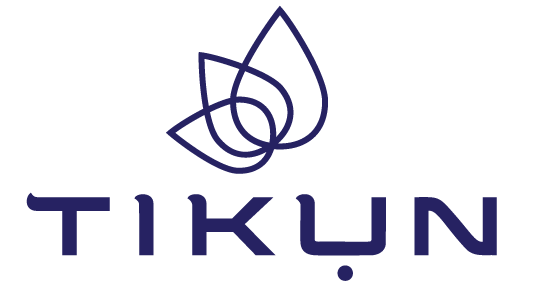With all the fits and starts involved with getting the Startup Nation out of the box on cannabis exports, every new twist and turn of the story is intriguing. There are indeed reports that officials have suggested that the Israeli export market might finally, formally open for business as of early next year. However, and this is a big caveat, such exports can only occur if the domestic supply has been met.

And herein lies the rub. According to the Times of Israel, Israeli patients face a huge shortage of access to product, and in a story that is still universal at this juncture, turning again to the “black market.” Even though in the case of Israel, what constitutes really “black” if not “grey” is still as much in flux here as anywhere else.
Tikkun Olam, the first company to obtain a license from the Health Ministry, also reportedly lost the permit based on a police recommendation.
Who is black, grey and allowed to become legitimate appears to be on the same slippery, often fraught path here as it has been this summer in places like Canada. Or even the United States at a state level. See California.
In truth, this may signal a readiness to license more firms in Israel for both domestic consumption and export. The timing suggests that both are in the offing as the world enters not only the third decade of this century, at what is not quite yet, unbelievably the second of the legal cannabis industry everywhere outside Israel.
Not A New Problem
In truth, the dilemma facing Israel is one that has plagued governments since the beginning of not only cannabis reform on a widespread level at the earlier this decade, but market economics beyond that.

In the world of cannabis, this discussion is actually turning up in several places. It was present in Canada – indeed the biggest Canadian companies began to look to Europe as Canadian patients continued to successfully defend their right to grow in court circa the summer of 2017. It is also in the room across Europe as price economics clash with early reformers. Denmark, for example, might have welcomed outside money to kick-start their medical trial, but nobody seriously thought (at least on the Danish side) that their home-grown product would be able compete on price with say Portugal, Spain or Greece.
In a world where cannabis pricing in even Europe is starting to normalize, and higher prices and profits can be found abroad, what indeed, should cash-strapped governments do?
The answer is actually very easy as much as most governments still do not want to admit the same in most of Europe at least. Do what the Israelis appear in fact to be finally doing, which is democratizing the cultivation market. Once that occurs, the incentives for “black” market will disappear here as in other places.
The Bottom Line- Good News?
Israel has never intended to sit this issue out. The spoils on both the tech and IP fronts are just too great beyond the plant itself. The Israeli government, even with American and other foreign money, has also supported the industry for the last twenty years certainly in a way unseen anywhere else. And the modern “industry” itself, even at the small R&D end, is over fifty years old here.
The backlog of research and knowledge, beyond any individual strain or plant, in other words, is about to be let loose on the world as of next spring. And there will be no turning back.











